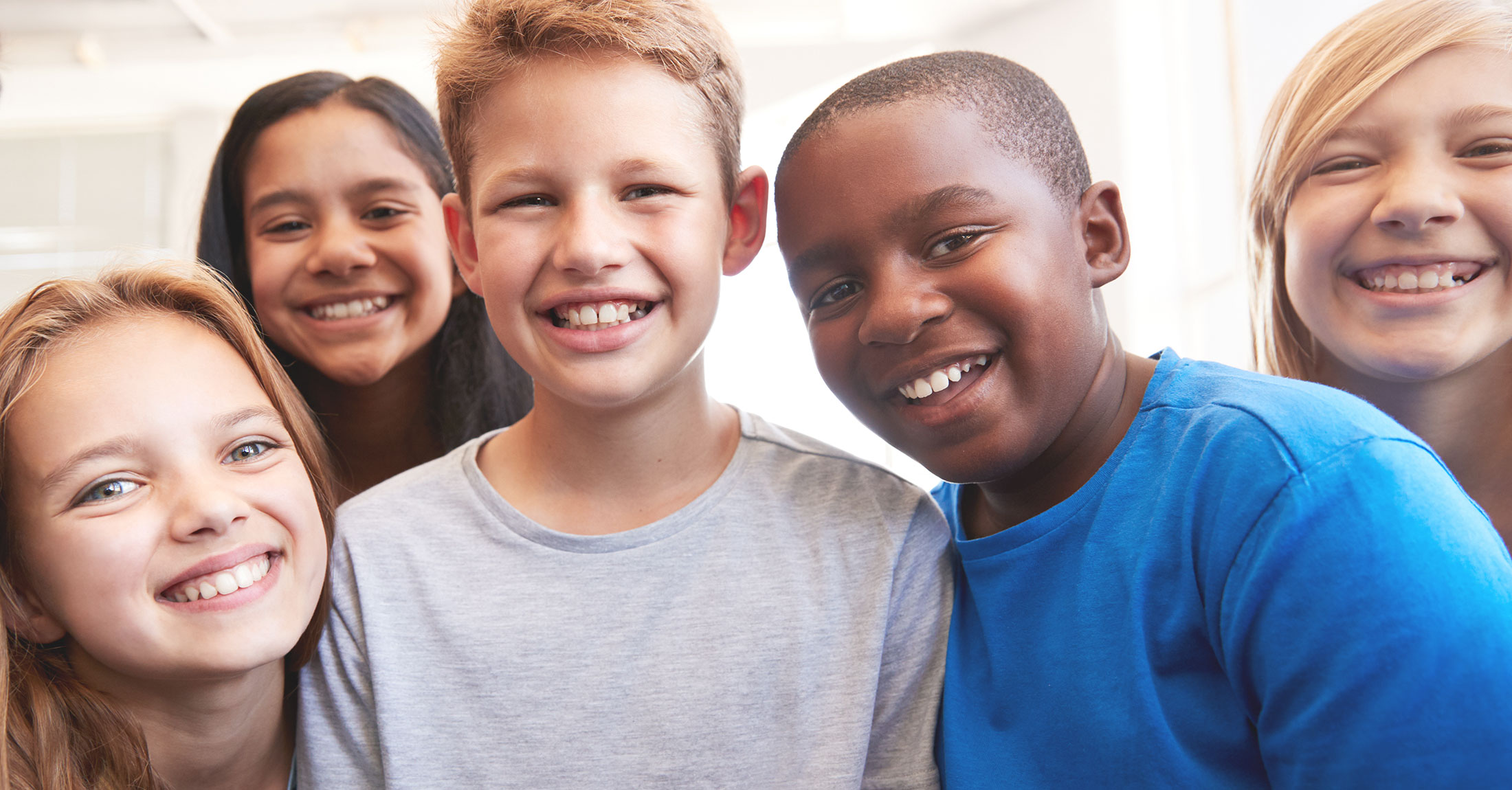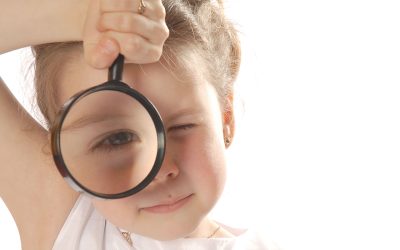“There are two ways of spreading light: to be the candle or the mirror that reflects it.”
~ Edith Wharton
If we put the quote above in the context of families, we might think that adults are like candles, lighting wicks of knowledge—and that children are like mirrors, reflecting the acquired enlightenment outward.
However, young children can be bright candles, too! They can teach SO much to one another, and to those who are far older than they are. People who are more mature just have to be close by and be receptive to the light.
The more time adults spend engaging with young children, the more opportunities there are to embrace the possibilities of personal growth and illumination as vitalized by how children see and process things. Their wide-eyed outlooks are often punctuated by pointed and thought-provoking questions, boundless exuberance, and joy. “Life lessons” conveyed by little ones are not usually scripted or planned—they happen during the bonding, playing, and communicating that occurs between them and the people they trust. These shared interludes and experiences strengthen minds, fill hearts, energize souls, and fuel imaginations. What could be better???
Here are two examples of important lessons that children provide (often inadvertently), and that can serve to rejuvenate and enrich the lives of their parents, family members, and others. These teachings are like personalized and priceless candles, and they’re gifts that can and should be cherished!
“How far that little candle throws its beams!”
~ William Shakespeare
Perception and Curiosity
Perception involves seeing, hearing, and acquiring awareness and understanding. It’s a sensory experience, and interpretations can vary from one person to the next. Perception can trigger inquiry or curiosity—that is, a desire to know more (for example, about what’s unfamiliar or interesting). Perception and curiosity are both catalysts for learning.
Young children experience the world in unsullied ways. They’re not jaded by adult-like concerns such as finances, politics, or work-related issues. Rather, they have an innocence and playfulness that permeates their day-to-day lives. When children share their perceptions and voice their questions, there’s often a sense of ingenuousness, naivety, or wonder that comes to the fore. Grown-ups who recognize this and who respond to children’s perceptions and curiosities respectfully can also learn from these interactions. Indeed, there’s a time and place for sophisticated and complex insights, but sometimes child-like, simple, and straightforward explorations cut to the core, and generate the most meaningful, clear-cut, dazzling, and memorable understandings.
Childhood is a time to see the world in a manner that’s unfettered; a time to build upon fresh, unencumbered realities. This can be a powerful form of learning. Adults can take heed of this, while sharpening their own perceptions and honing their curiosity.
Spontaneity
Spontaneity refers to behavior that’s devoid of planning and that feels right at the time.
Some children are reluctant to act spontaneously. They may be reticent, shy, or not inclined to be impulsive. Of course, their temperaments and proclivities warrant respect. However, many young children will jump at the chance to get involved in activities and adventures and to “seize the moment” whenever one presents itself. They take pleasure in finding new things to learn and do and delight in discovering different outlets for movement, creativity, and skill-building. Their cheerful, spirited, open-mindedness invites connectivity with people, places, things, and circumstances.








